Researchers at the University of California Davis Comprehensive Cancer Center have uncovered an evolutionary change that may explain why human immune cells are less effective at combating solid tumors compared to our closest living ancestors.
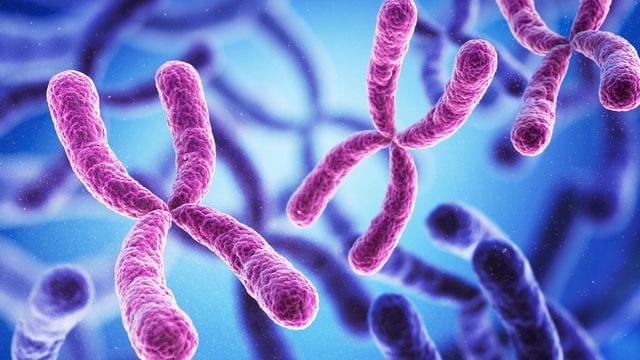

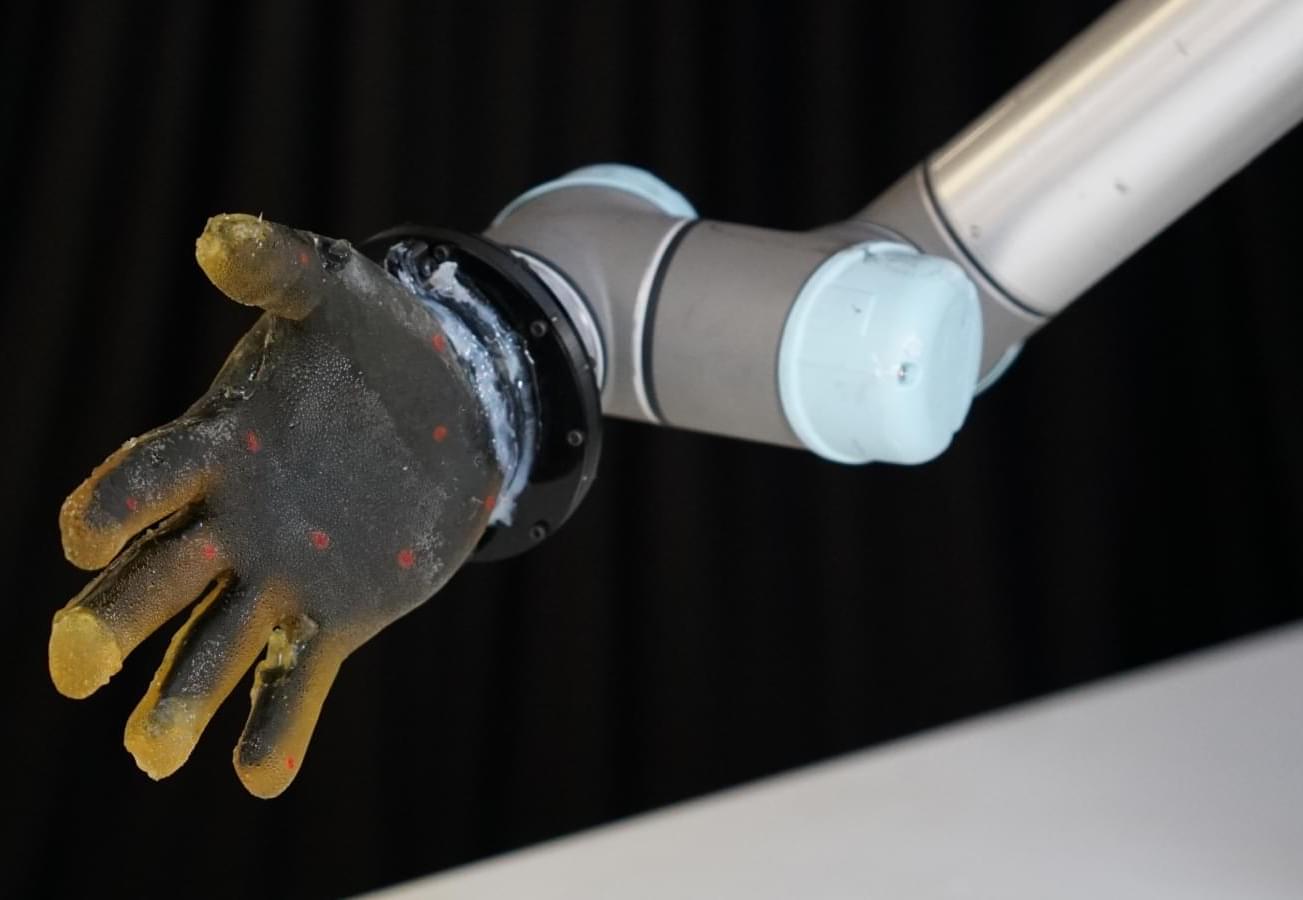
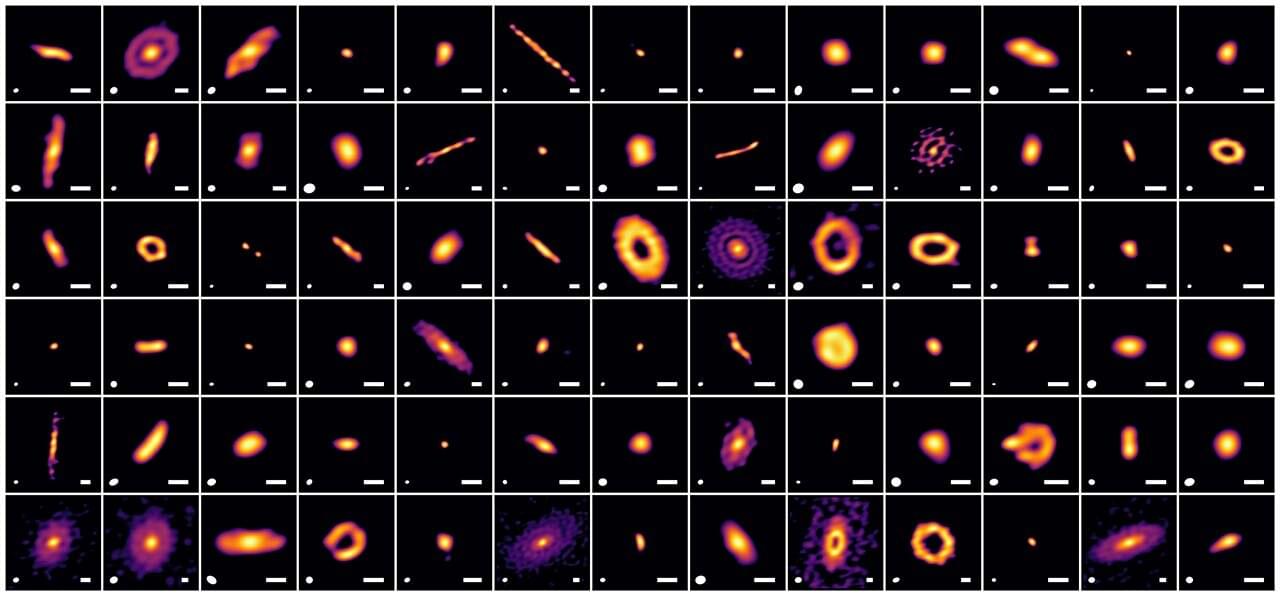
Identifying the formation period of planetary systems, such as our solar system, could be the beginning of the journey to discover the origin of life. The key to this is the unique substructures found in protoplanetary disks—the sites of planet formation.
A protoplanetary disk is composed of low-temperature molecular gas and dust, surrounding a protostar. If a planet exists in the disk, its gravity will gather or eject materials within the disk, forming characteristic substructures such as rings or spirals. In other words, various disk substructures can be interpreted as “messages” from the forming planets. To study these substructures in detail, high-resolution radio observations with ALMA are required.
Numerous ALMA observations of protoplanetary disks (or circumstellar disks) have been conducted so far. In particular, two ALMA large programs, DSHARP and eDisk, have revealed the detailed distribution of dust in protoplanetary disks through high-resolution observations.
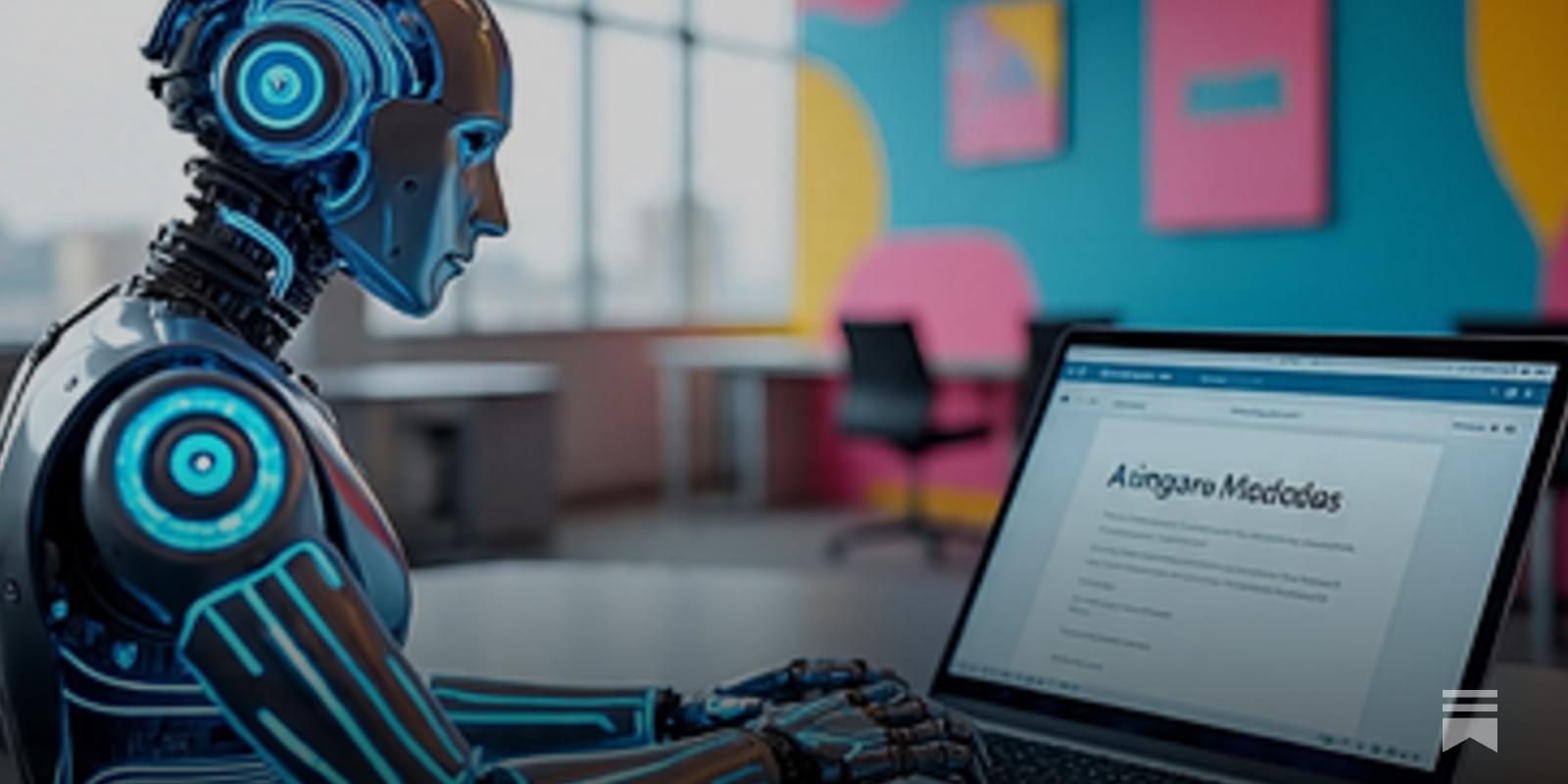

As detailed in a new study in Nature Communications, He’s lab brings noninvasive EEG-based BCI one step closer to everyday use by demonstrating real-time brain decoding of individual finger movement intentions and control of a dexterous robotic hand at the finger level.
“Improving hand function is a top priority for both impaired and able-bodied individuals, as even small gains can meaningfully enhance ability and quality of life,” explained Bin He, professor of biomedical engineering at Carnegie Mellon University. “However, real-time decoding of dexterous individual finger movements using noninvasive brain signals has remained an elusive goal, largely due to the limited spatial resolution of EEG.”

Celestial objects known as dark dwarfs may be hiding at the center of our galaxy and could offer key clues to uncover the nature of one of the most mysterious and fundamental phenomena in contemporary cosmology: dark matter.
A paper published in the Journal of Cosmology and Astroparticle Physics by a team of researchers based in the UK and Hawaii describes these objects for the first time and proposes how to verify their existence using current observational tools such as the James Webb Space Telescope. The paper is titled “Dark Dwarfs: Dark Matter-Powered Sub-Stellar Objects Awaiting Discovery at the Galactic Center.”
The Anglo-U.S. team behind the study named them dark dwarfs. Not because they are dark bodies—on the contrary—but because of their special link with dark matter, one of the most central topics in current cosmology and astrophysics research.

Spector originally pitched the project under the working title Troubleshooter at his former studio, Origin Systems. He wanted to create something truly new, saying he was tired of space marines, aliens, and wizards in hats.
The main character of Troubleshooter was meant to be Jake Shooter, a super-cop called in by secret agencies for high-risk missions.
“Deus Ex was part shooter, part stealth game, part RPG. I mean, how do you sell that? The argument I got from the Thief folks was that if you give players a gun, they won’t sneak. I was also asked, ‘Why don’t you just make a shooter?’ I learned the power of the word ‘no’ when pitching Deus Ex, let me tell you,” said Spector.

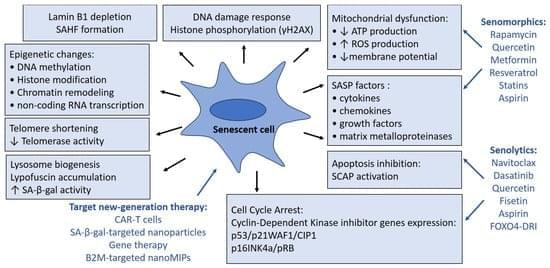
Cellular senescence is a key mechanism of aging. Senescent cells negatively affect the function of tissues and organs, significantly contributimg to the aging of the organism. Functional and structural characteristics of senescent cells, such as genomic changes and cell cycle arrest, lysosome and mitochondrial dysfunction, and production of SASP factors, are promising therapeutic targets in the context of healthy longevity. The present review was designed to characterize the features of senescent cells in order to discuss current methods and problems of geroprotective therapy and perspective factors for the development of new strategies of anti-aging treatment. Publications were searched based on the analysis of articles containing the keywords “senescent cells, aging, senolytic therapy, SASP, mitochondrial dysfunction” in the PubMed and Scopus databases up to March 2025.